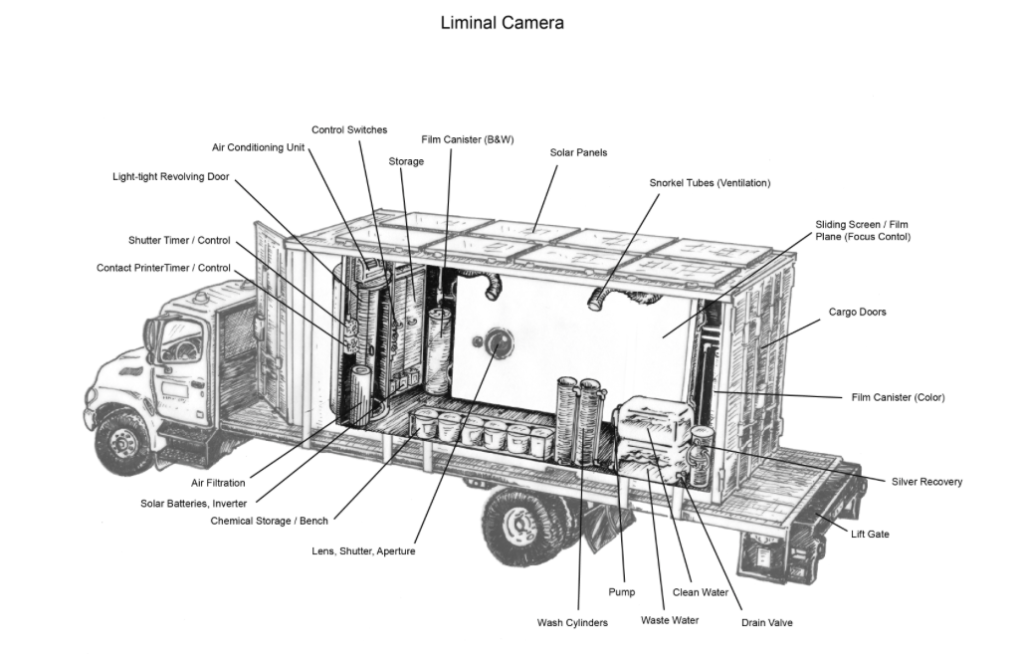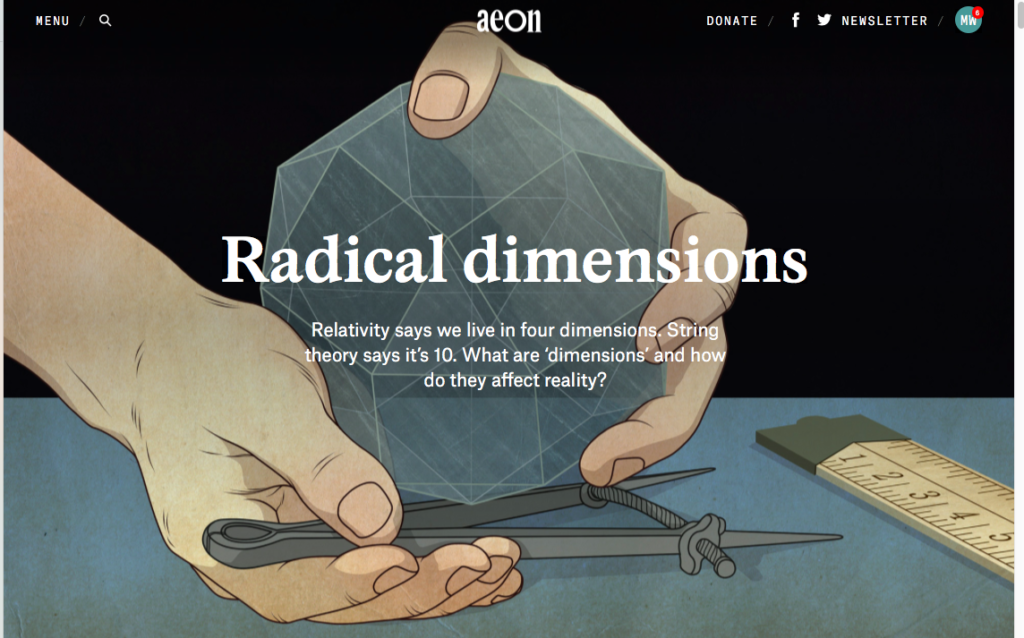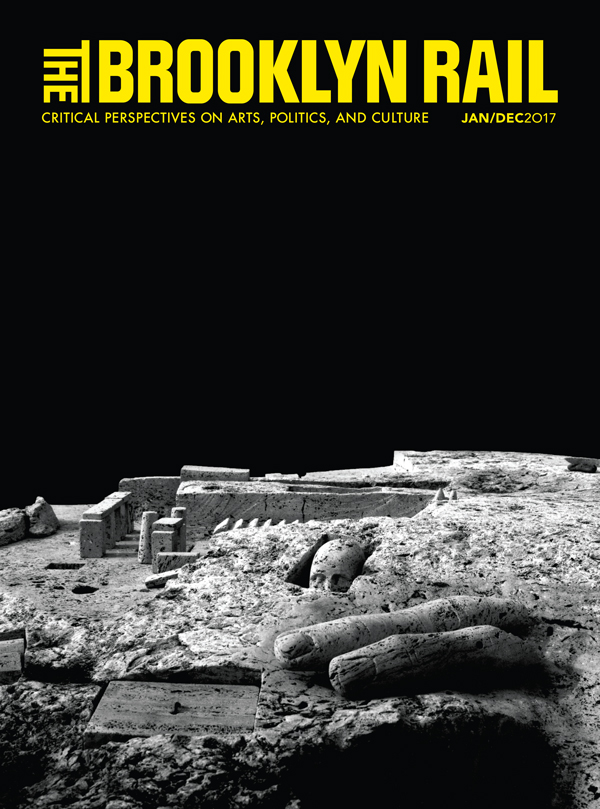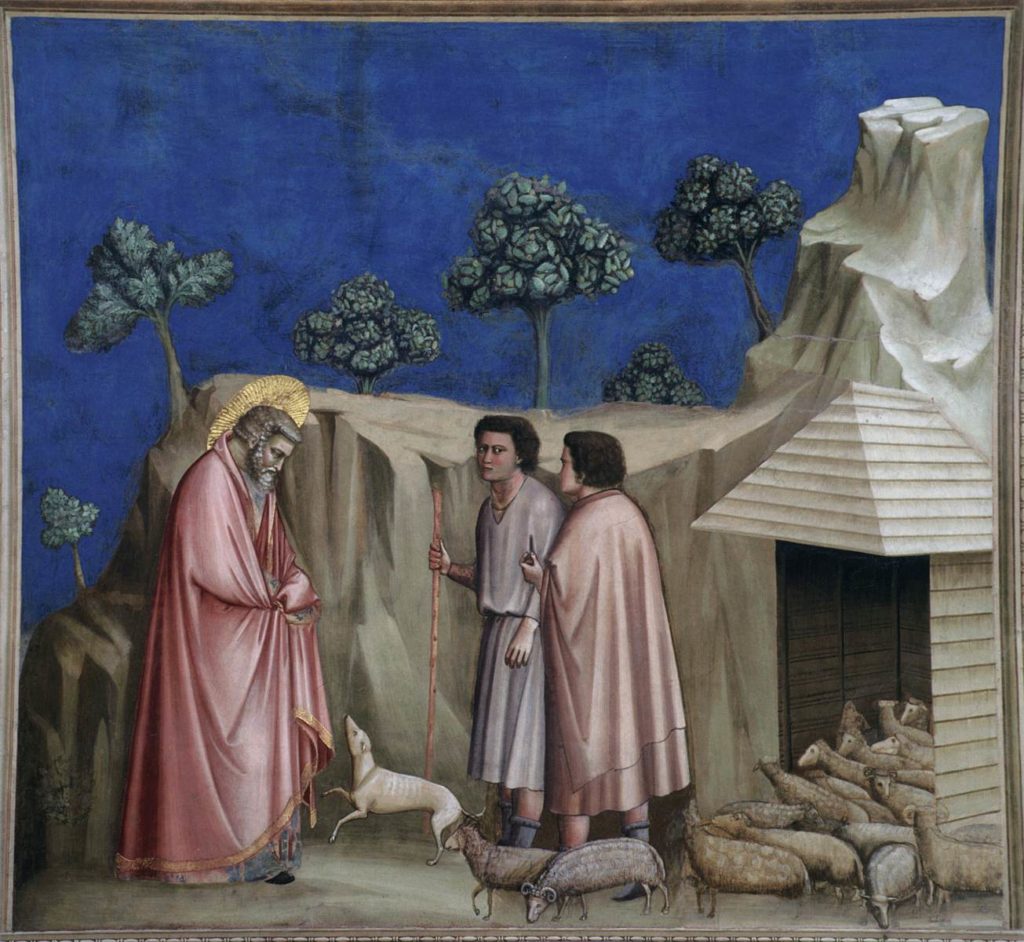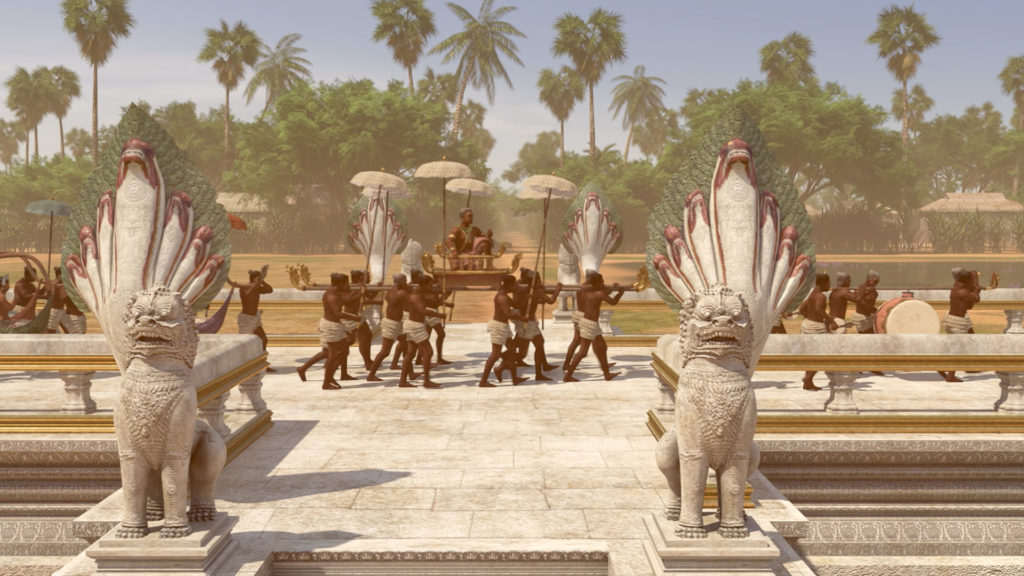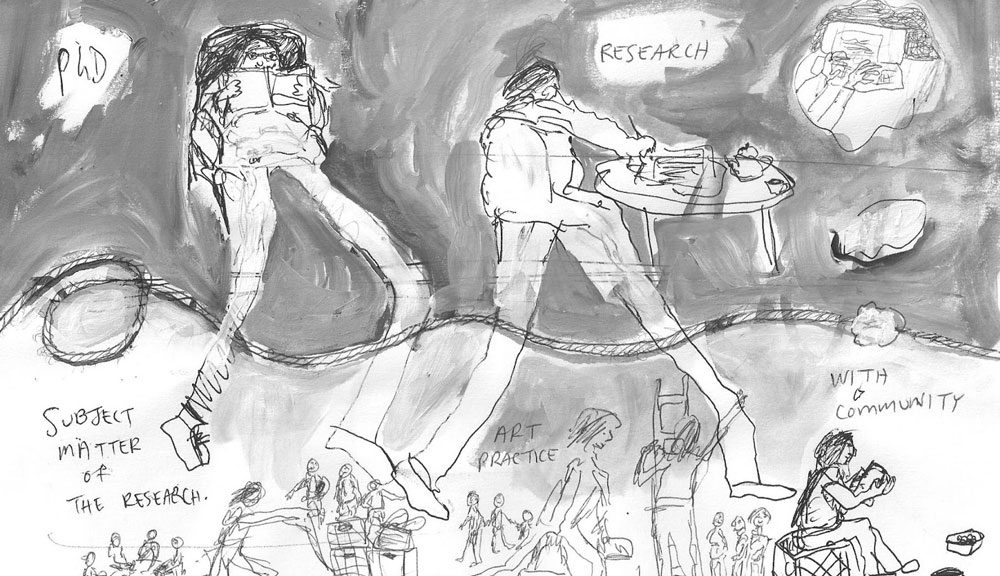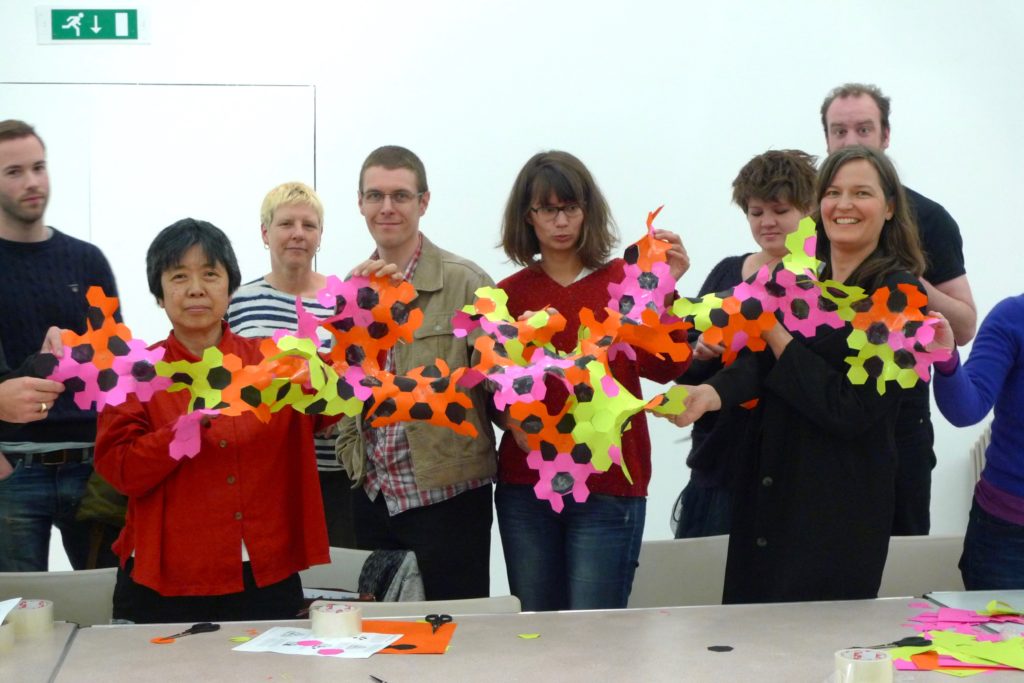A Day of Art and Science Wonders at the Getty Center
Curated by Lawrence Weschler
In the spirit of the Renaissance, a time when the arts and sciences overlapped more fluidly, several artists and scientists present their recent ideas and projects throughout the Getty Center.
Experience the “Liminal Camera,” a giant movable camera built from a shipping container by the Optics Division of the Metabolic Studio in Los Angeles. Throughout the day (10:00 a.m.–5:00 p.m.), members of the Optics Division of Metabolic Studio will demonstrate how the converted container functions as an image-capture device.
1:00–2:00 p.m.: Visit innovative art/science projects by Tristan Duke, Margaret Wertheim, Robert Lang, and Debora Coombs on view in the lobby of the Harold M. Williams Auditorium.
2:00–4:00 p.m.: Panel Discussions in the Harold M. Williams Auditorium
- Introduction by celebrated author Lawrence Weschler.
- Interactions Between Art and Science
- Artist/science writer Margaret Wertheim, stained glass artist Debora Coombs and origami expert Robert Lang will each present their work at the intersection of mathematics and material making, revealing how hand-crafted processes can constitute genuine mathematical research.
- Optical Wonders
- Lauren Bon, Richard Nielsen, and Tristan Duke from the Metabolic Studio Optics Division present their work exploring the photo-chemical agency of the landscape.
- Tristan Duke presents his hand drawn holograms, sharing his process of invention and exploration of art and science as parallel modes of inquiry.
- Final discussion with all participants, as well as sculptor Elizabeth Turk, and Scott Schmidt of the Smithsonian Institution. Moderated by Lawrence Weschler.
